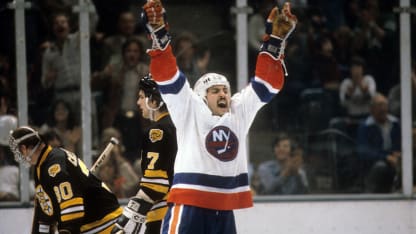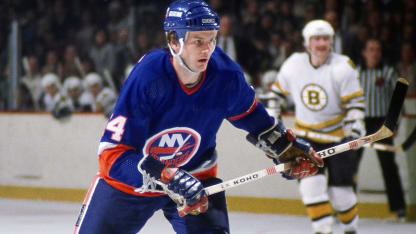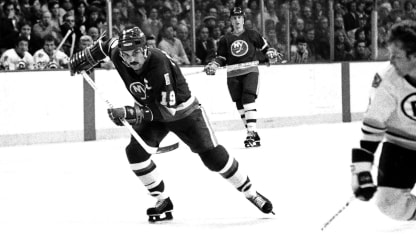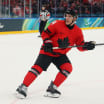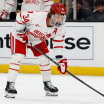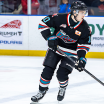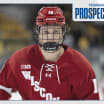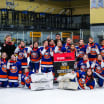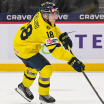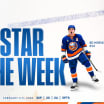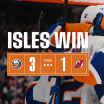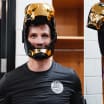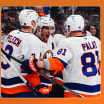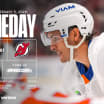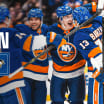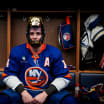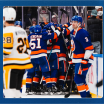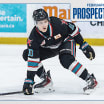Author Barry Wilner, who chronicled the series for The Associated Press, summed up the prevailing opinion in his book -- The New York Islanders -- Countdown to a Dynasty.
"While the Kings series made the Islanders feel like winners," wrote Winner, "the match-up with the Bruins could prove to the players that they were winners. That series would prove to be the turning point in the club's playoff fortunes."
As if the Bruins were not threatening enough, there was another distracting element to consider; Boston Garden. Unlike the standard NHL rink size -- 200 by 85 feet, the Hub surface measured only 83 by 191 feet; ideal for the hard-hitting Bruins.
"It was a hard place for a visitor to play at any time," ventured Bossy.
The opening game at Boston Garden took place on April 16, 1980. Undaunted -- and certainly not intimidated -- Coach Al Arbour's skaters took the home club's best shot.
The first period ended in a 0-0 draw but the Isles went ahead, 1-0, in the fight department after Nystrom gave Wensink a lesson in the Marquis of Queensbury rules.
"Our coming together as a team really began when Ny beat up Wensink," claimed Bourne.
Still, the game remained scoreless -- though nail-biting thrilling -- through the second period.
Having finished fourth overall in the league that season, the Bruins were to knock off the Visitors.
Gillies: "Before the game, I heard a couple of Boston broadcasters pick the Bruins to beat us in five games. They said, condescendingly, that we might win a game but we'd get run out of the rink. They said, 'The Islanders have no chance.'"
It looked like a good call when the Bruins stormed ahead on Peter McNab's goal before the third period was a minute old. But less than three minutes later, Garry Howatt tied the count.
Now it was the Isles turn to rev their motors. In short order, Denis Potvin, John Tonelli and rookie Alex McKendry came close to beating Bruins goalie Gerry Cheevers.
But with less than a half-a-minute left in the third period it appeared for a split-second that O'Reilly had the game-winner. His wrap-around went behind Smith but slid parallel to the goal line and then out of the crease.
